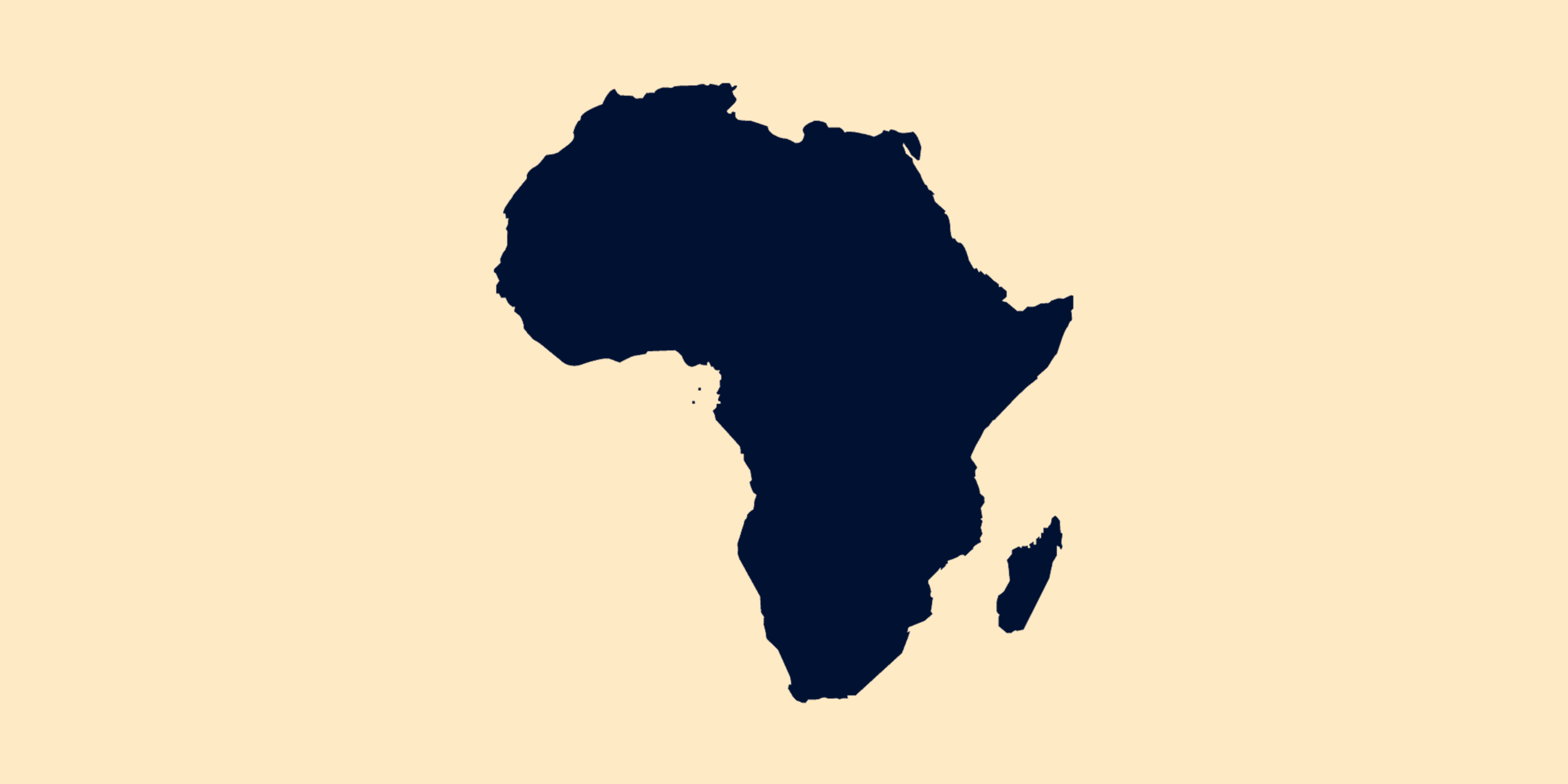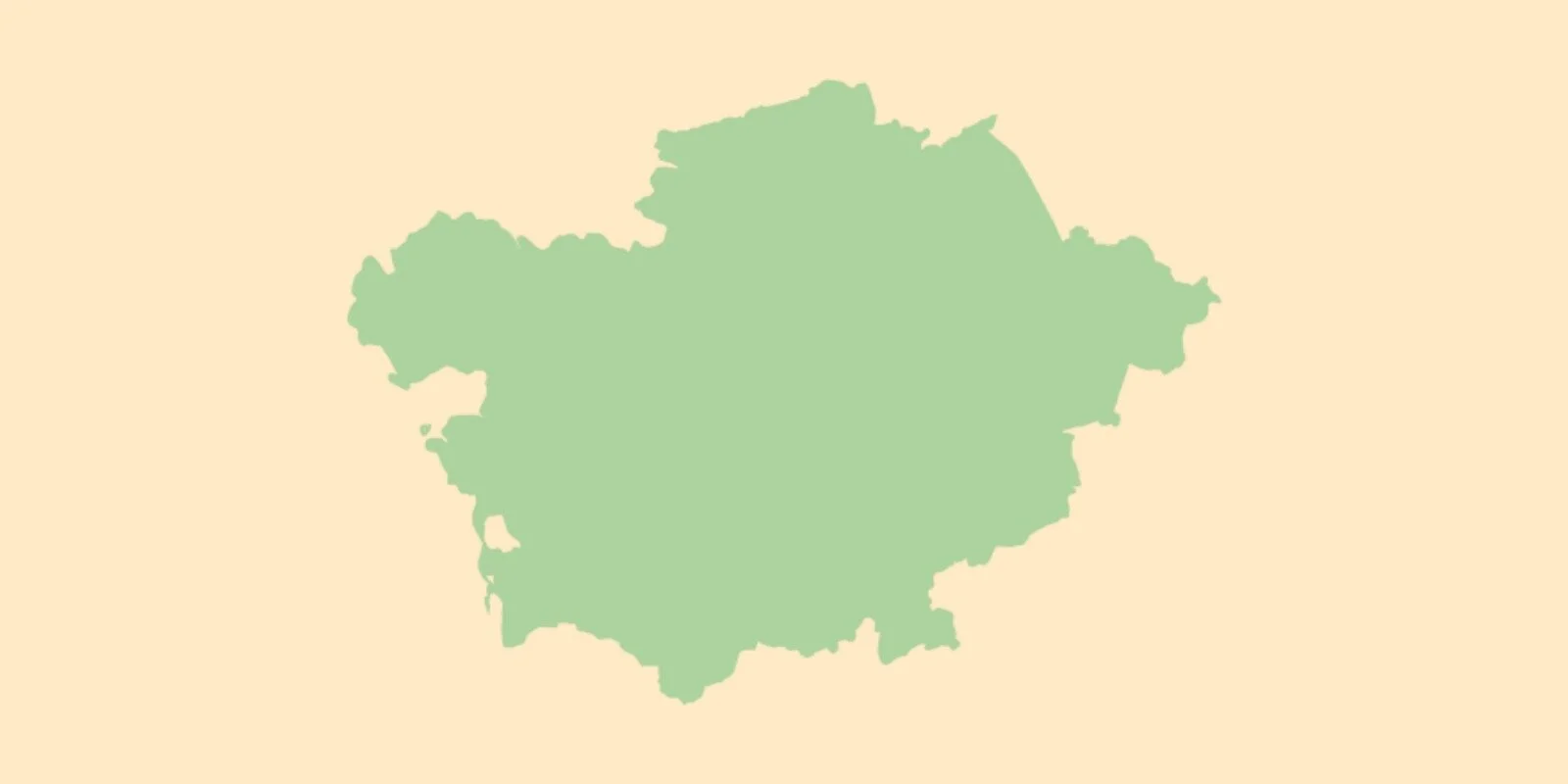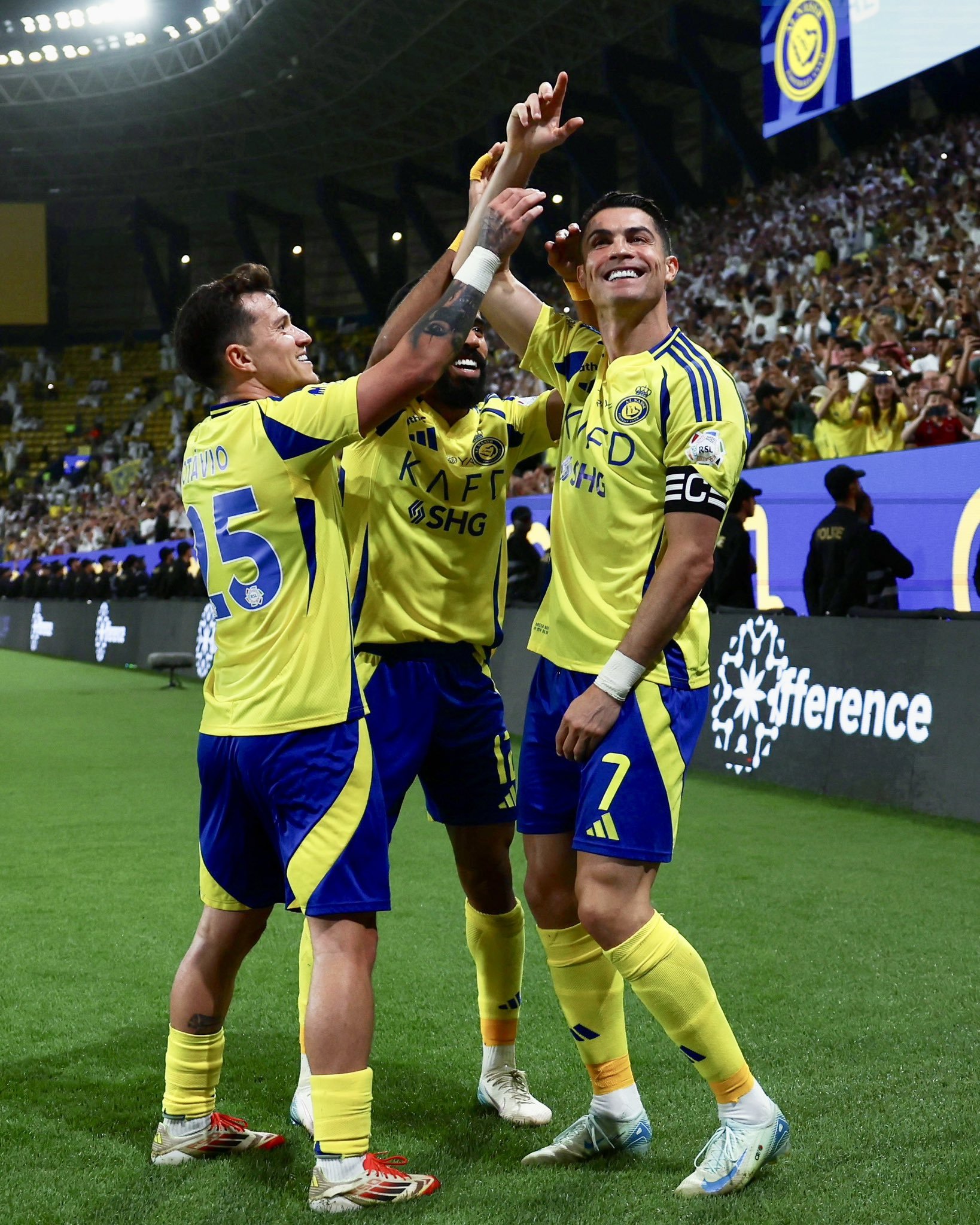Cameroon made a long path from their peaks to their recent decline. 2021 Africa Cup of Nations may be their chance to return to the top positions.
If you’re a football fan in your 40's, you’re probably familiar with Cameroon's exciting World Cup 1990 team. It was a time when there were less household names coming from Africa, and national teams from the continent were yet to reach the level they have during the past two decades. This Cameroon side was a pioneer.
In only their second World Cup finals appearance, many experts didn’t give them a chance - especially in a group with Argentina, Romania and the Soviet Union - but the Indomitable Lions justified their nickname. They beat Argentina, Romania and Colombia on the way to the quarter-finals, before being eliminated in an exciting match against England.
The world had started paying attention to the African continent.
Players like Roger Milla, Francois Omam-Biyik and Thomas N'Kono were the pioneers of Cameroon's golden generation. They qualified for the World Cup tournament in 1994 and 1998, and won the AFCON back-to-back in 2000 and 2002.
When it came to African football, Cameroon were at the top, and their players crept into the higher levels of European football.
After winning the 2002 AFCON title, a place in the 2003 Confederations Cup was secured. It was a tournament they would never forget. In the semi-final against Colombia, Marc Vivian-Foe, a midfielder who had played for West Ham, Lyon, and Manchester City, collapsed on the pitch in the 72nd minute. He was rushed to hospital, but died shortly afterwards.
Despite missing the 2006 World Cup, Cameroon were still one of the best teams in Africa. With Samuel Eto'o, one of the best players in the world at that time, captain Rigobert Song and Geremi, they consistently reached the latter stages in AFCON, finishing as runner-up in 2008.
But something had changed. Over the last decade, Cameroon has regularly failed to produce on the big stage, and it’s talent pool isn’t at the same level as 15 years ago. What happened?
The main issue seems to be a lack of consistency from the football federation. Cameroon has had no less than 10 different coaches since 2011. It's unusual, and hard to build a long-term project when the coach is being replaced every year.
Another reason is the strength of the local league. The last time any Cameroonian club reached the CAF Champions League group stage was in 2013. For a country so strong to have a weak league shows why Cameroon no longer produces the blockbuster stars of the past.
In 1990, Cameroon had 11 players from the local league, and they were experienced players at that. Today, not one player plays in their home country, and most fall on the fringes of their club’s squad. After a year playing in Cameroon, they rush abroad instead of gaining experience with their local teams.
And the last ten years has been the worst in Cameroonian football’s recent history. Their surprise win at 2017’s AFCON tournament shocked the continent, but it proved to be just a one-off. In 2012 and 2013 they didn’t even qualify. In 2015 they were eliminated at the group stage and, in 2019, from the round of 16. They haven’t qualified for a World Cup since 2014, when they lost all three of their group stage games.
This is why their win in 2017 was so surprising. They failed to impress throughout the tournament, and were considered a strong underdog in the final against Egypt, winning 2-1 with a dramatic late winner.
But it seems Cameroon’s biggest problems stemmed from the football federation (Fecafoot) and, more specifically, the people running it. The last decade has seen tales of corruption, financial irregularities and government interference linked to Cameroon's FA. Former president, Tombi A Roko Sidiki, was banned for life by Fecafoot’s ethics commission, claiming financial misappropriation and a conflict of interest.
In 2013, FIFA banned Cameroon for a month because of government interference in elections for the FA. In 2019, the country was supposed to host AFCON, but with a year to go were stripped of their duties for infrastructure delays. It’s no wonder Cameroon’s football has taken such a giant step backwards.
But it looks like a solution might be on the horizon. Last month, Samuel Eto’o was chosen as the new Fecafoot president. The 40-year-old footballing legend is a person loved by Cameroonians on the street, and his campaign focused on growing the women’s game and fighting corruption.
“Back in the day, players were paying to play in the national team, but from now on only the ones who deserve to play will be invited,” Eto’o said during his campaign.
The unproven administrator has been considered the right man for the job in Cameroon, despite his relative lake of experience. He has a lot of work to do but, with AFCON falling on his doorstep this year, it could be a chance for Cameroon to prove themselves again on the biggest stage.











